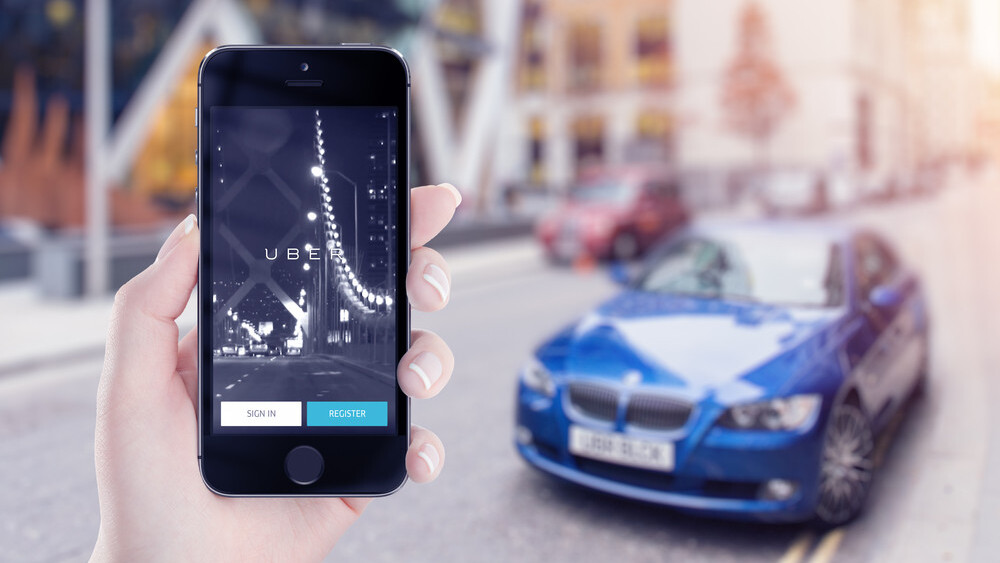It was only a matter of time until Uber tapped into the wealth of sensors available within smartphones to keep tabs on drivers, and today it’s confirmed that it’s testing exactly that.
The company has announced today that it’s running a pilot program that leverages smartphone gyrometers to detect if drivers are speeding, along with how hard they brake.
The idea is if a user submits feedback that the driver had done any of these things, the company can review the gyrometer data to see if it’s true, ensuring that the rider wasn’t complaining about nothing — that way, the driver’s rating isn’t affected if it’s untrue.
The company is also hoping to use the data more widely in the future, such as to determine if drivers are moving their phones around too much or detect when drivers go too fast on a particular route.
Uber using driver gyrometer data is an interesting test, however it raises questions about whether or not the drivers actually know it’s happening. The post doesn’t mention if the test pilot is opt-in, or if drivers have a choice about whether the data is collected — but it sounds like the company didn’t ask them at all.
According to a spokesperson for Uber, the company “only [uses] data that comes from drivers when they are signed into the app” and “partners understand that technology like GPS-monitoring is an important part of that.”
That said, using the gyrometer is a great way to get specific data on drivers that aren’t keeping to the law and could be potentially endangering riders. It also means complaints can be backed up by real world evidence for the first time.
➤ Curb Your Enthusiasm [Uber Newsroom]
Get the TNW newsletter
Get the most important tech news in your inbox each week.






